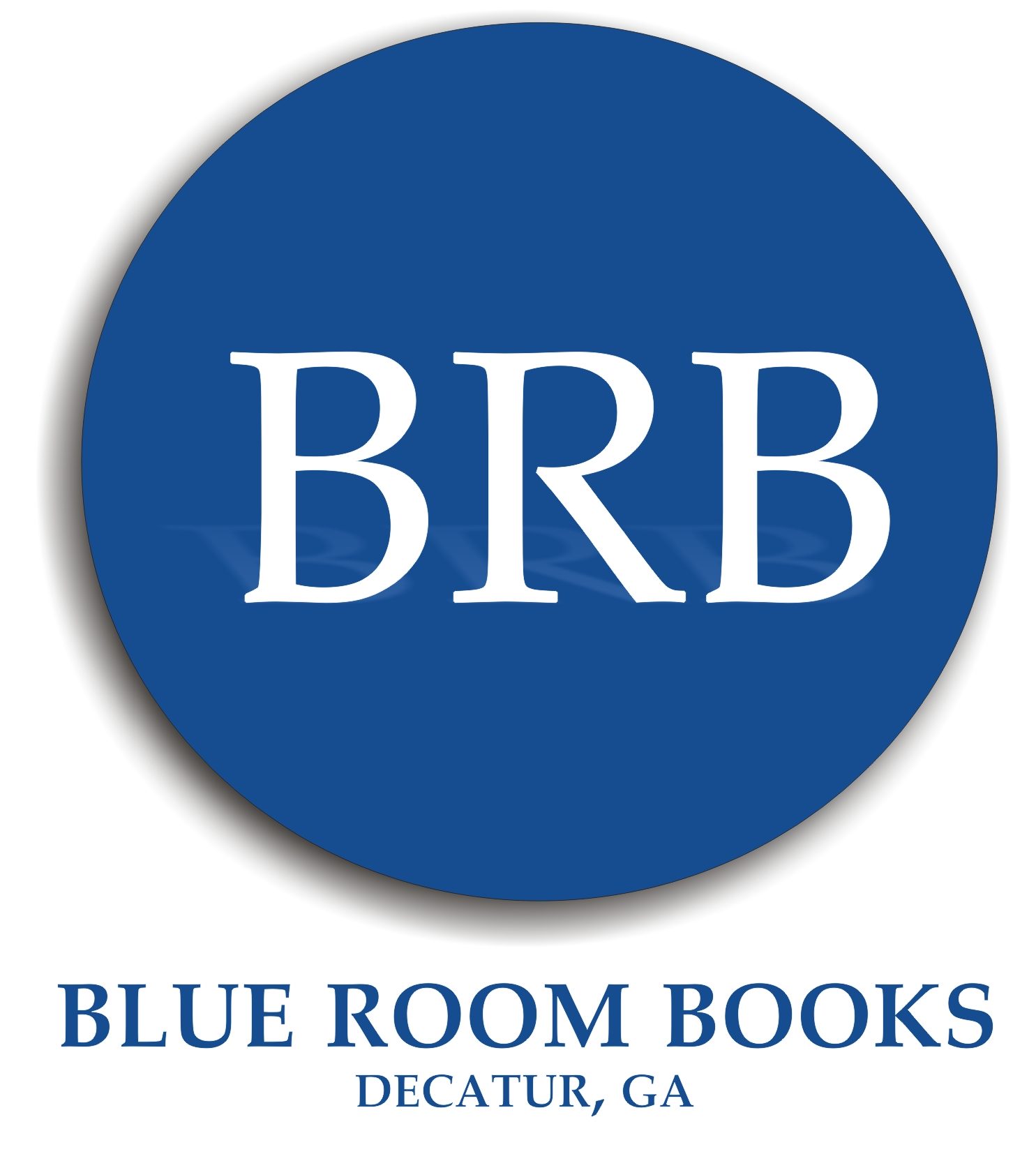There was a time when setting up an independent publishing company involved a huge financial outlay. But technology advanced to where printing of books could be done by as few as one copy after an order is placed (print on demand).
These days, when a publisher wants to release a new title, we don’t all have to worry about ordering thousands of books to get the lower per-unit-pricing print runs, nor paying for storage fees, facilities insurance, bookstore distribution tracking and the multiple fees that generates, and more.
Even individual authors, too, can get their books into print and available through online retail stores or do affordable short runs of memoirs for family distribution.
Now, as a publisher, when we choose to represent a book, it is our job is to present it in the best light possible so that it can compete with other like products. Cover art that looks good and fits the book, topic, and author. Multiple and often excruciatingly detailed edits. Working with the author to fix any issues. And the list goes on. All of which can take months to get done and involves a huge amount of time and expertise.
If our names and reputations are going to go on a product, then we have to look good, too. So saying no to any writer who does a crappy job with their words and is unwilling to work to bring that writing up to par is a big portion of what we must make decisions on.
Another thing we have to make a decision on as a publisher is whether we are the right fit for an author. We turned down a wonderful book with a fascinating and timely topic because another publisher (we made a recommendation for that) could give this topic and author, a bona fide expert, more market support as their pipeline is well-established in that arena. In other words, we didn’t want to ruin his opportunity because of our limitations.
Why is this important for writers to know when pitching publishers?
Because there are a lot of companies out there who will not invest that time in authors. They are “publishing mills” working solely for a fee and make a profit on volume.
Profit is not a dirty word. But when quality of the written word is sacrificed for it, well, now that’s the problem with many of these “publishing mills”.
We do not and will not fluff an ego to get a fee. We do provide editing and design services priced on a per book basis. After all, making a book better is a higher calling we take seriously.
